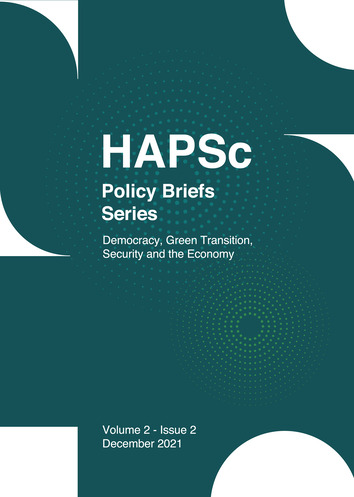Gender and Climate Change: Challenges and Opportunities

Abstract
Women are more vulnerable than men to climate change. According to the literature, this vulnerability is the result of pre-existing gender inequalities, social marginalization, less access to education and knowledge, poverty, insecure land rights, heavy reliance on agriculture and lack of mobility. This paper focuses on rural women’s vulnerability to climate change, through three case studies, and also on the empowerment and the involvement of them in the policy-making processes in order to combat the climate crisis. Women should participate and contribute with their knowledge and their life experience, which is a result of particular strengths, perspectives and priorities. The empowerment of these women is vital for successfully combating the impacts of climate change and for the mitigation and adaptation efforts to thrive.
Article Details
- How to Cite
-
Senja, O. (2021). Gender and Climate Change: Challenges and Opportunities. HAPSc Policy Briefs Series, 2(2), 85–93. https://doi.org/10.12681/hapscpbs.29494
- Section
- Articles

This work is licensed under a Creative Commons Attribution 4.0 International License.
Authors retain copyright and grant the journal right of first publication with the work simultaneously licensed under a Creative Commons Attribution License that allows others to share the work with an acknowledgement of the work's authorship and initial publication in this journal.

